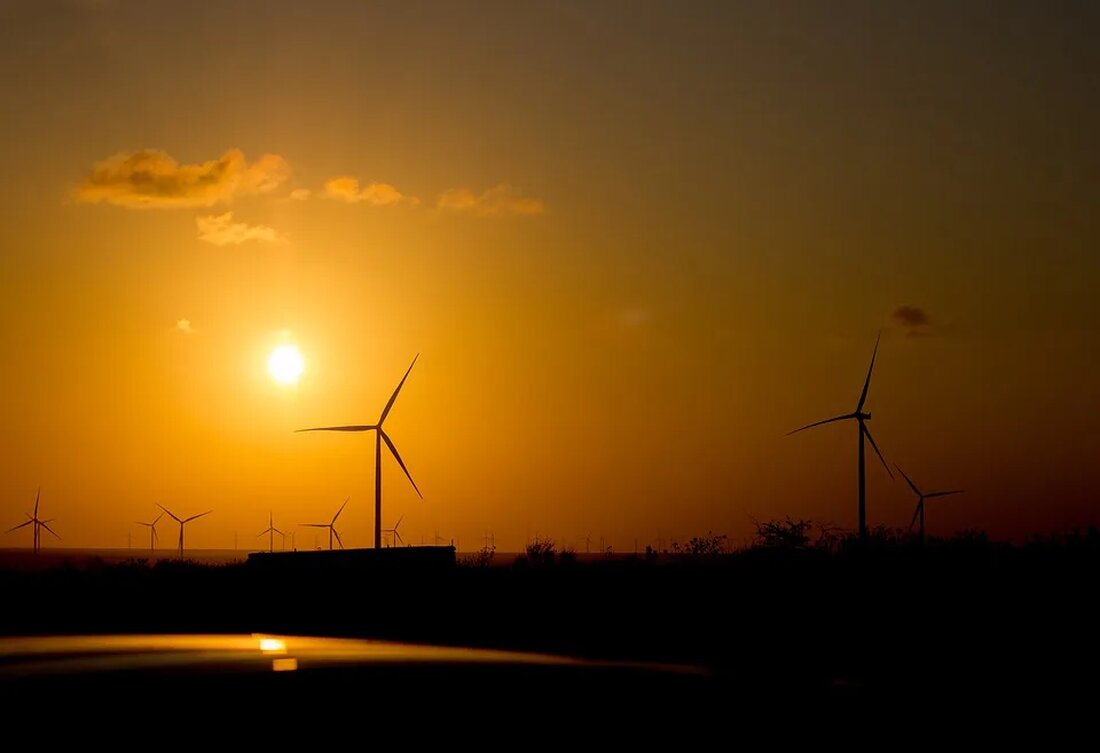Energy efficiency in the home
in household energy efficiency Energy efficiency plays a key role in reducing greenhouse gas emissions that lead to global warming. A significant proportion of energy consumption comes from the home. It is therefore important to take measures to increase energy efficiency in the home. It offers consumers the advantage of reducing energy consumption and the associated costs, while at the same time improving the level of living comfort and making a contribution to climate protection. What is energy efficiency? Energy efficiency refers to reducing the amount of energy required to provide certain services – for example, lighting, heating, or operating appliances. It's not about...

Energy efficiency in the home
in energy efficiency in the household
Energy efficiency plays a key role in reducing greenhouse gas emissions that cause global warming. A significant proportion of energy consumption comes from the home. It is therefore important to take measures to increase energy efficiency in the home. It offers consumers the advantage of reducing energy consumption and the associated costs, while at the same time improving the level of living comfort and making a contribution to climate protection.
What is energy efficiency?
Energy efficiency refers to reducing the amount of energy required to provide certain services – for example, lighting, heating, or operating appliances. It's not about reducing comfort, but rather finding solutions that allow us to achieve the same or even better levels with less energy.
Importance of energy efficiency in the home
Impact on energy consumption
Households are responsible for a significant share of final energy consumption worldwide. In Germany, for example, they account for around a quarter of total energy consumption. Households use energy for heating and hot water, cooling, lighting and operating electrical devices. Therefore, improving energy efficiency in households can significantly contribute to reducing overall energy consumption.
Contribute to environmental protection
By increasing energy efficiency in homes, we can reduce carbon dioxide emissions, the leading cause of global warming and climate change. Every kilowatt hour of electricity saved means less carbon dioxide in the atmosphere. Therefore, every household can directly contribute to environmental protection by improving its energy efficiency.
Cost savings
More efficient appliances and technological advances can help reduce energy costs. This directly benefits households and can help them reduce their monthly expenses. It is possible to achieve significant savings without sacrificing comfort.
Measures to increase energy efficiency in the home
There are many ways households can improve their energy efficiency. Some concrete measures are listed here.
Energy efficient devices
Every household uses a variety of appliances, from refrigerators and ovens to washers and dryers. Today there are energy-efficient models on the market for almost all of these devices. They typically have a higher price, but the additional cost can be more than offset by the energy savings over their lifespan.
Efficient lighting
Another area where households can save energy is lighting. Replacing traditional light bulbs with LED bulbs can reduce energy consumption for lighting by up to 85%.
Energy efficient heating and air conditioning systems
Heating and air conditioning are two of the largest energy consumers in homes. By using efficient heating and air conditioning systems and better insulation of the building, households can significantly reduce their energy consumption in this area.
Energy efficient behavior
Last but not least, it is important to increase awareness of energy consumption and change behavior. This may include turning off appliances completely when not in use, keeping the heating a few degrees lower in the winter, or using less water.
Funding to increase energy efficiency
Many governments offer subsidies and financial incentives to increase energy efficiency in homes. These can help reduce the cost of energy-efficient appliances or improvements, such as better insulation. It is advisable to find out about these subsidies and take advantage of them.
Conclusion
Energy efficiency in the home offers many benefits, both for the environment and for households themselves. By making conscious purchasing decisions, changing behavior and taking advantage of available financial incentives, every household can help reduce energy consumption, save costs and contribute to environmental protection. It's a win-win situation for everyone involved.

 Suche
Suche
 Mein Konto
Mein Konto
